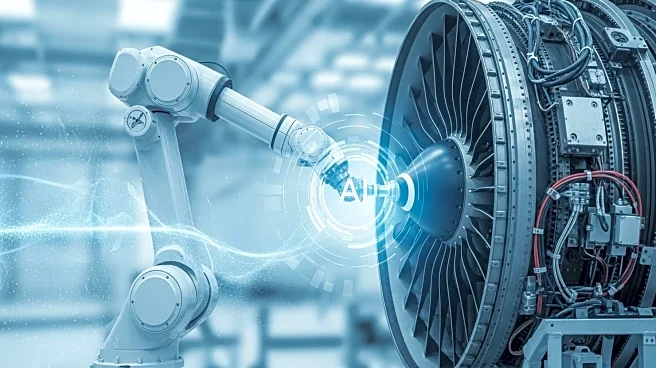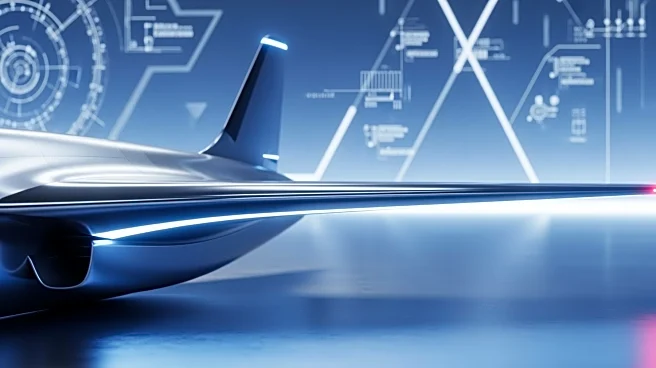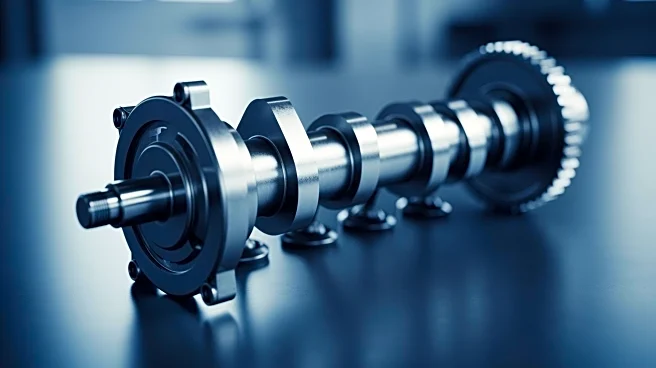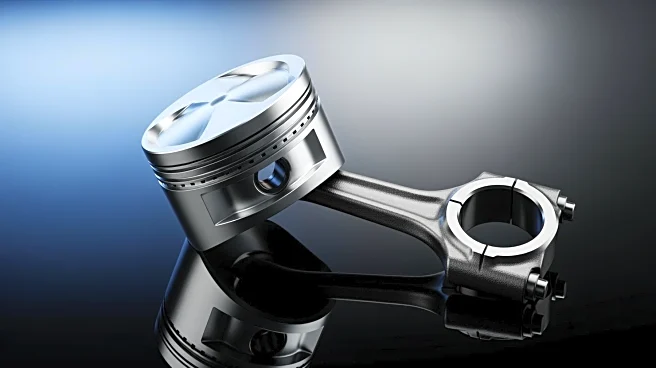What is the story about?
What's Happening?
The Maintenance, Repair, and Overhaul (MRO) industry is cautiously integrating artificial intelligence (AI) into its operations, focusing on documentation, planning, and optimizing repair slots. Companies like HAECO are using AI to analyze maintenance work packages and improve scheduling efficiency. Despite the potential benefits, the industry is moving slowly, with only 34% of respondents in a recent poll actively incorporating AI, while 62% are exploring its potential. Executives emphasize the importance of starting small and setting realistic expectations, as AI is seen as an assistive technology rather than a replacement for human workers.
Why It's Important?
The gradual adoption of AI in the MRO industry is significant as it promises to enhance efficiency and predictive maintenance capabilities, potentially reducing unplanned maintenance and disruptions. This shift could lead to cost savings and improved safety standards, benefiting airlines and passengers alike. However, the slow pace of adoption reflects concerns about regulatory impacts and the need for workers to adapt to new technologies. The industry must balance innovation with safety and workforce readiness, ensuring AI complements rather than replaces human expertise.
What's Next?
As AI continues to be integrated into MRO operations, companies may focus on expanding pilot projects and developing core AI systems. The industry will likely monitor regulatory developments closely, as any new regulations could impact AI adoption. Training programs may be implemented to help workers embrace AI technologies, addressing concerns about job displacement and ensuring a smooth transition.















